How to Store Winter Clothing: Step-by-Step Guide
"Hot Ten" essential and practical steps for sending seasonal items to well-deserved rest
With the arrival of spring and warmer weather, summer wardrobes become more relevant – and winter items are sent for seasonal storage. We explain how to properly prepare down jackets and fur coats, sweaters and jumpers, boots and overcoats for "wintering".
1. Review Your Wardrobe
Before sending winter clothes to storage, conduct a kind of "audit": review what you have and get rid of unnecessary items. If you haven't worn a certain piece all last season, do you really need it? Let go of clothes and footwear that have served their time.

2. Put Clothes in Order
Before storing coats, jackets and sweaters in a distant corner, you should put them in order: wash them, remove stains, thoroughly dry them in the sun.
Fur items and coats are better sent to a dry cleaner. As for down jackets, you can wash them yourself by placing two tennis or "massage" balls in the washing machine drum along with the upper garments (they will prevent the down from clumping).

With less serious stains on jackets and coats, you can try handling them yourself using cleaning products, stain removers, and special brushes. Don't forget to check the pockets and clear them of loose tickets, paper scraps, and coins.
Sweaters also wash well in a washing machine, choosing a special cycle and appropriate detergents and fabric softeners. Dry them by laying them flat on a towel on a horizontal surface: this minimizes the risk of deformation.

3. Sew Up, Stitch, Repair
Inspect winter clothing for minor damage: small holes, detached or loose buttons, stuck zippers. Repair, sew, and mend everything necessary, as you won't have time for this when the cold arrives suddenly.
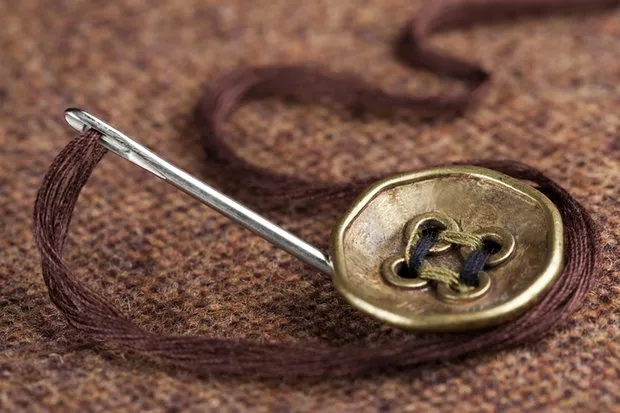
4. Sort Items
Distribute winter items depending on storage methods. For example, outerwear is better stored on hangers, while sweaters, pullovers and jumpers should be folded (they can deform on shoulders).
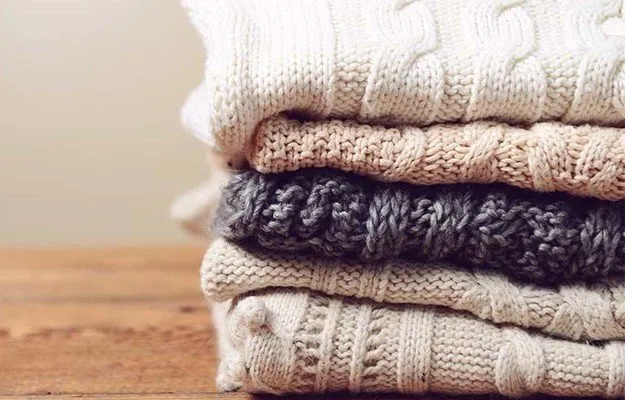
5. Don't Forget About Footwear
Footwear also needs preparation for "wintering": it should be thoroughly washed, dried well, and treated with special care products. If necessary – get repairs done.
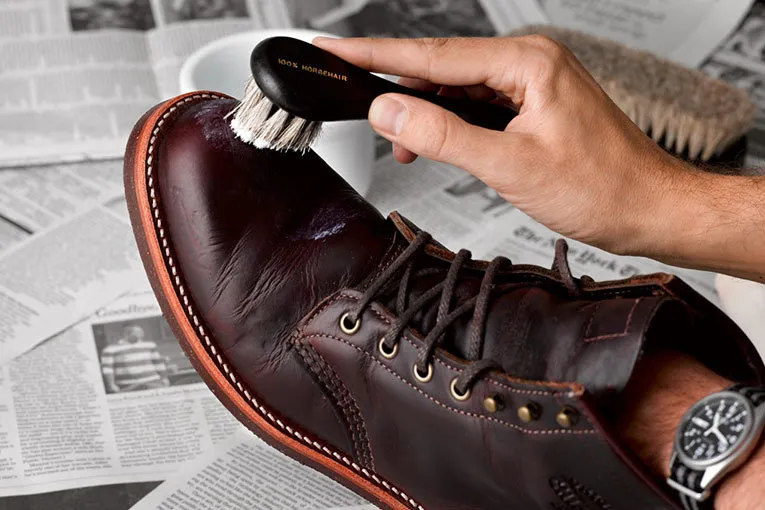
6. Choose a Storage Location
Designate a place for storing seasonal clothing. It should be a sufficiently spacious, dry, clean area. If there's no dedicated closet or corner in the wardrobe for this purpose and you're storing items in several places, try to group them as logically as possible. So that one sweater isn't in a storage box under the bed in the bedroom, while another is in a box on the balcony (agree, that's quite inconvenient).

7. Stock Up on Accessories
Ensure you have everything needed: hangers, covers for coats and fur garments, vacuum bags for down jackets, boxes and containers for sweaters and trousers, shoe blocks (preventing deformation and drying out).
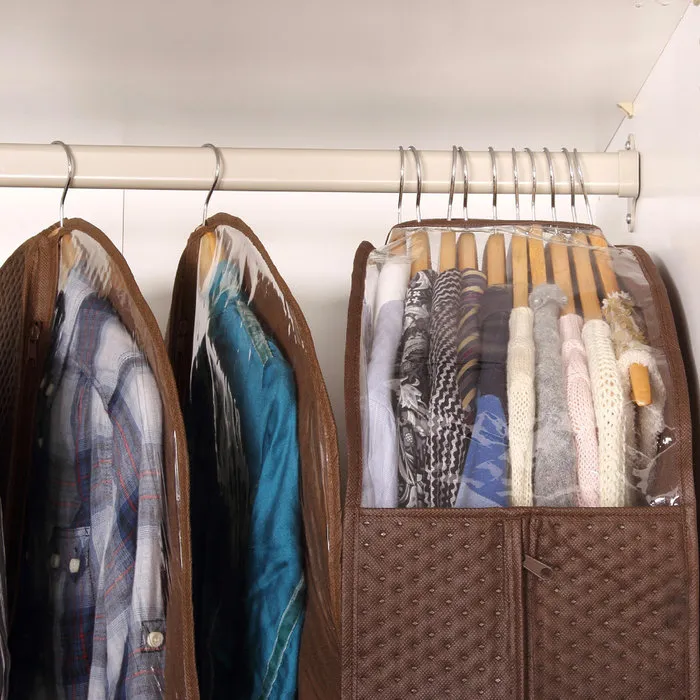
8. Protect Against Pests
Protect natural woolen, fur, and leather items from moths and other pests: use special products or try folk remedies (citrus peels, lavender in a pouch).
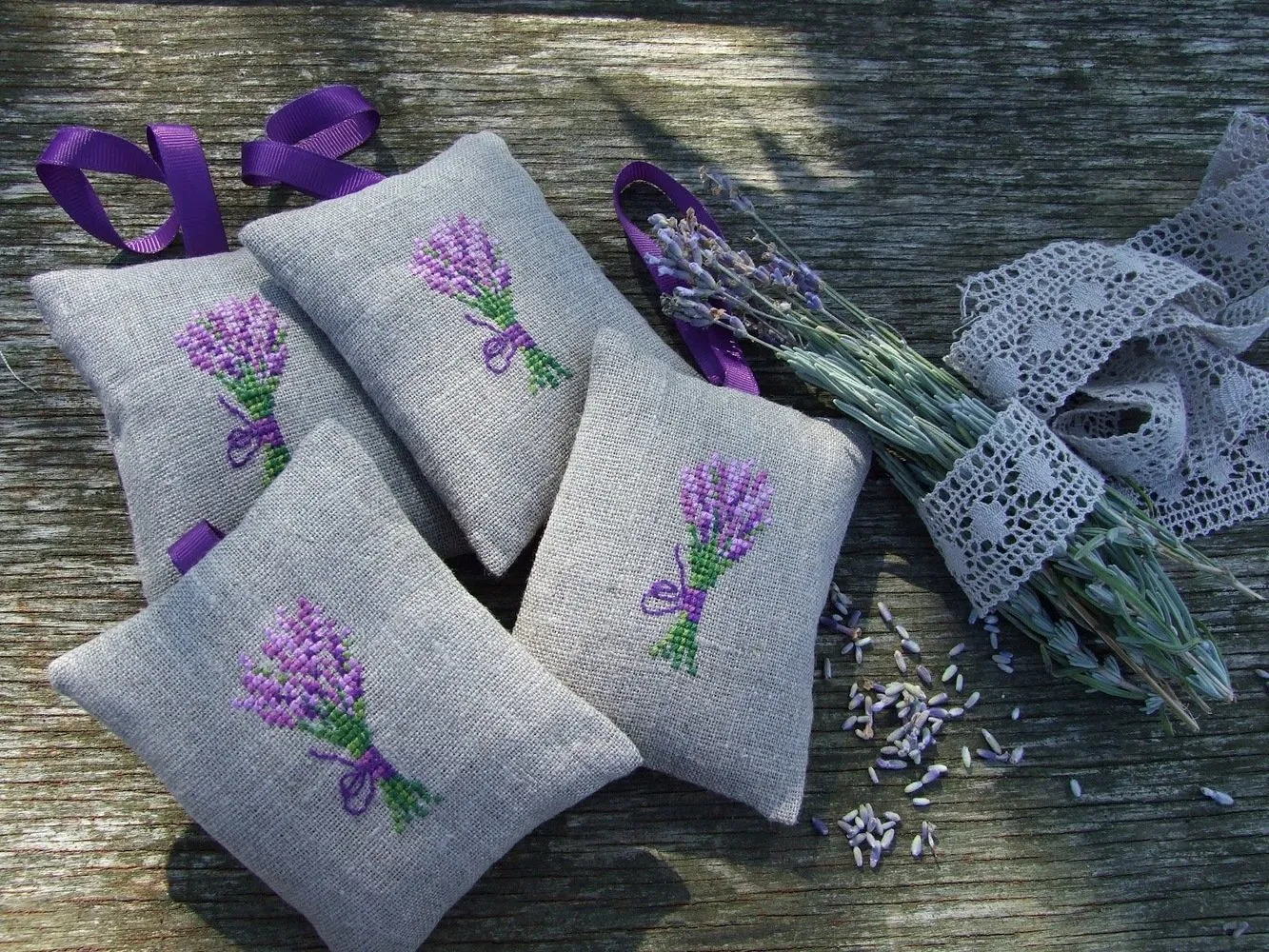
9. Find Fresh Solutions
If there's simply not enough space in wardrobes, under beds, or on attics for storing winter clothing and you don't want to get rid of beloved jackets and sweaters, show some creativity – and find new storage methods.
For example, vintage suitcases can fit perfectly into the interior of a hallway or living room – and hold a lot of items.

And boots can be stored in a hanging position thanks to hangers with clips.
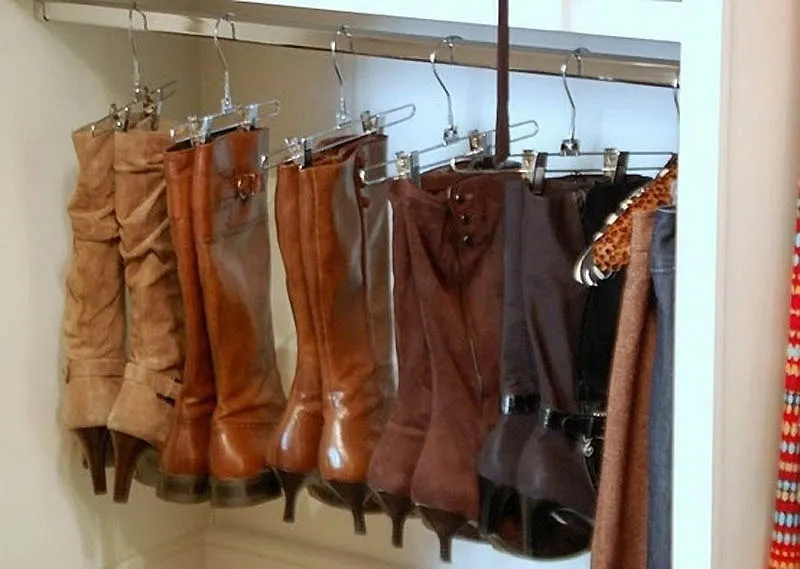
10. Make Searching Easier
If you've sorted items into opaque containers, bags, and boxes, make searching easier in the future: don't be lazy to label what's inside each bag.

Need a renovation specialist?
Find verified professionals for any repair or construction job. Post your request and get offers from local experts.
You may also like
More articles:
 How to Do a Renovation: Rules and Regulations
How to Do a Renovation: Rules and Regulations How to Legally Increase the Size of a Bathroom: Professional Opinion
How to Legally Increase the Size of a Bathroom: Professional Opinion How to Use the SOKKER Mini-Greenhouse
How to Use the SOKKER Mini-Greenhouse How to Reduce Water Consumption and Save Money: 8 Effective Methods
How to Reduce Water Consumption and Save Money: 8 Effective Methods Kitchen Setup in Panel House: 3 Legal Layout Options
Kitchen Setup in Panel House: 3 Legal Layout Options Does Minimalism Have a Soul and Who Is This Interior Style For
Does Minimalism Have a Soul and Who Is This Interior Style For Scandinavian apartment with fireplace in the kitchen
Scandinavian apartment with fireplace in the kitchen How to Decorate a Townhouse: 10 Ideas from Designers
How to Decorate a Townhouse: 10 Ideas from Designers